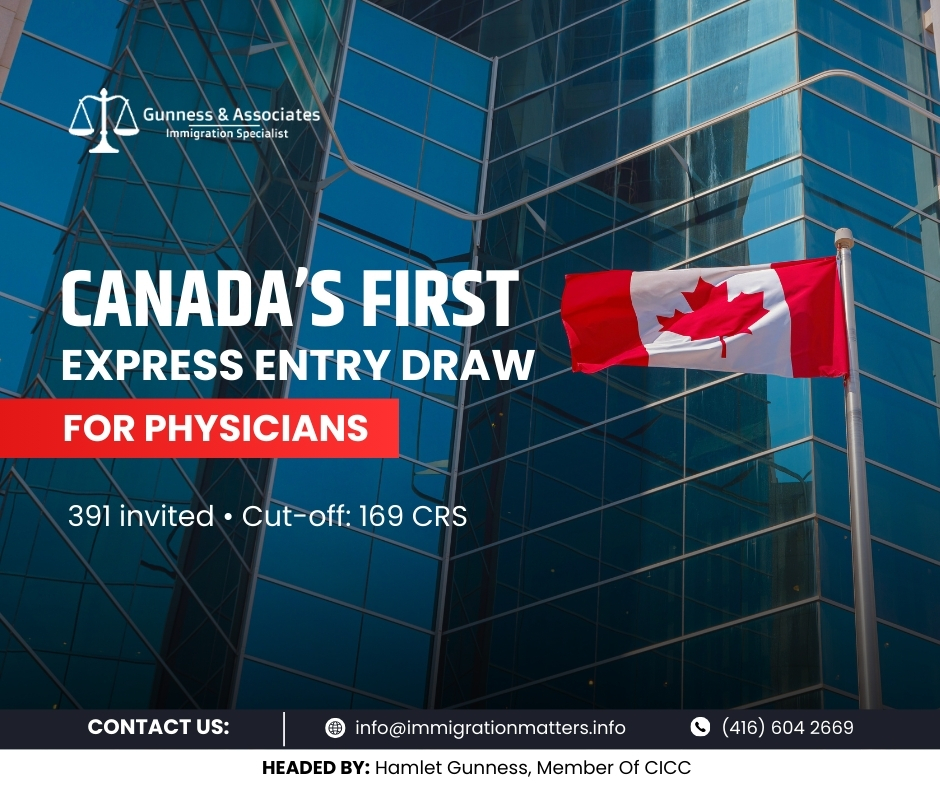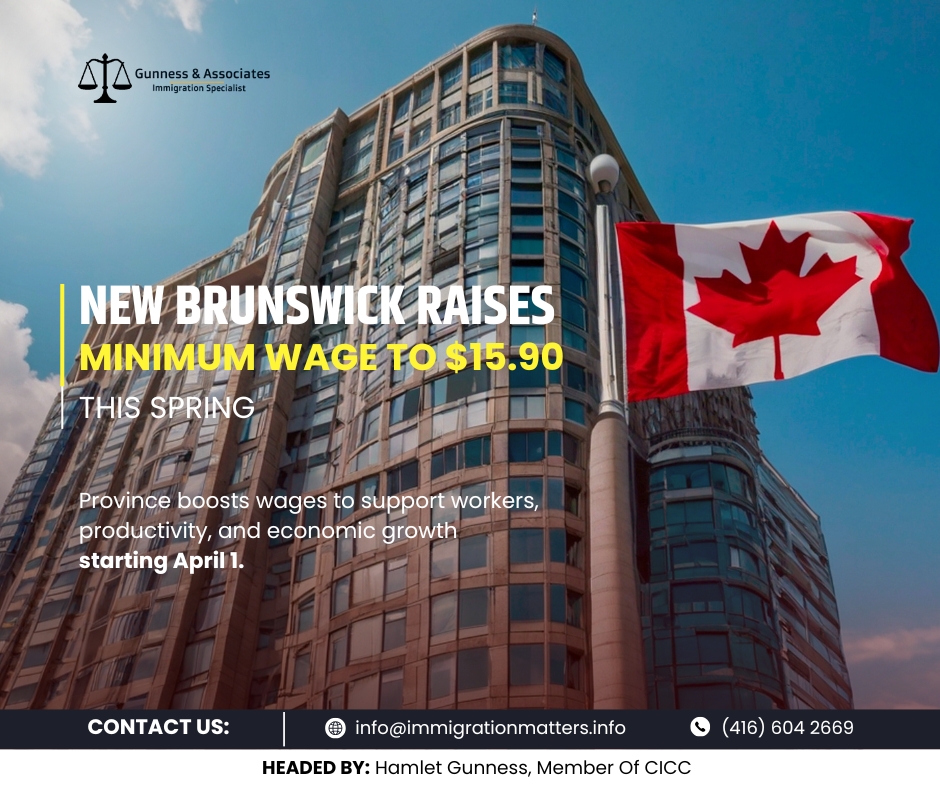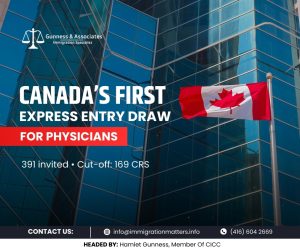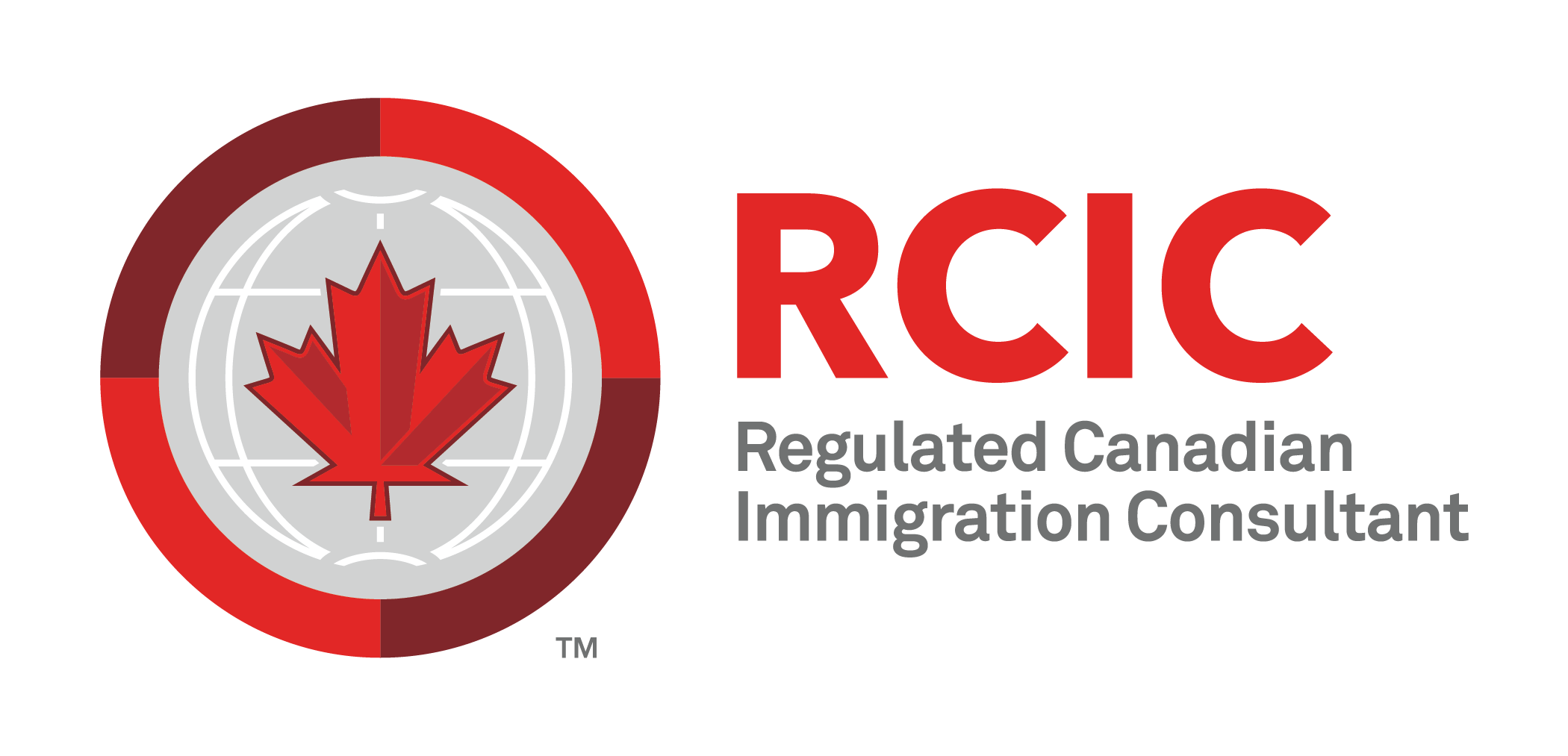International graduates use PGWP as a path to obtain permanent residency in Canada
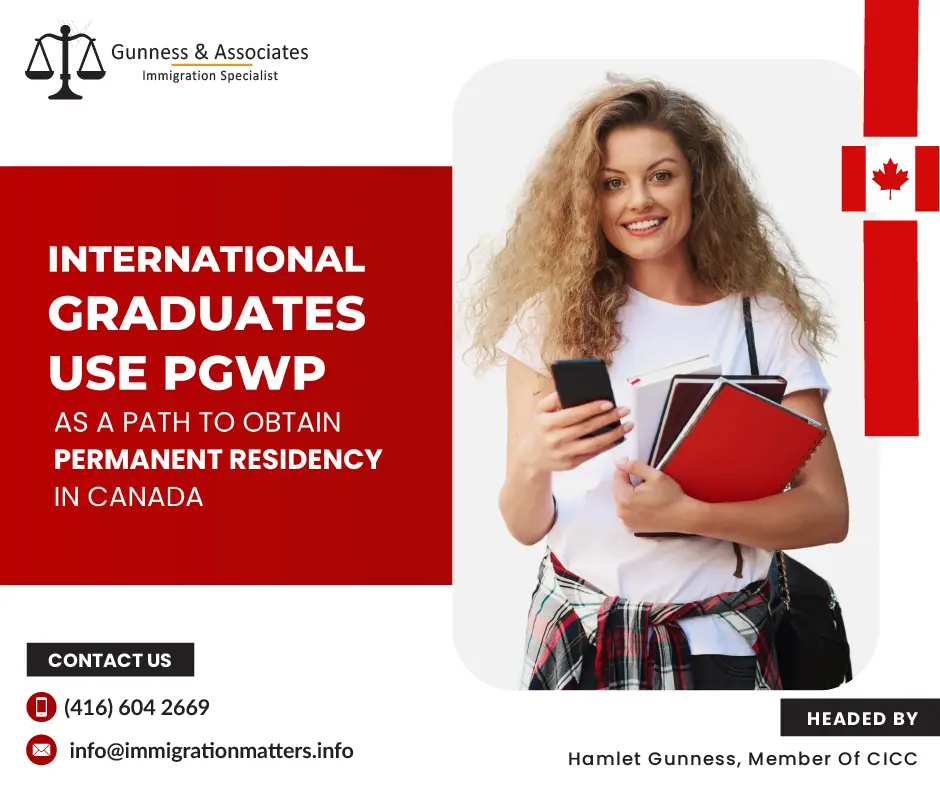
International graduates use PGWP as a path to obtain permanent residency in Canada for international students who have graduated from an approved Canadian Designated Learning Institution (DLI), the Post-Graduation Work Permit Program (PGWP) provides a fantastic opportunity to stay in Canada, work and establish their lives.
According to Statistics Canada, approximately 75 percent of PGWP holders acquire permanent residency within five years after they receive the permit. Undoubtedly, gaining work experience through a PGWP immensely benefits future permanent residents, as many permanent residence pathways reward additional points to individuals with Canadian work experience.
In fact, the total number of PGWP holders in Canada has increased every year, according to a review of PGWP holders by annual graduation cohort. The research found that 29% of graduates from the cohort 2008 retained their PGWP after five years. For the graduating class of 2009, that number increased by an additional 5%, and it has since been steadily rising. Five years after their graduation, 52% of the cohort of 2013’s graduates had gained a PGWP.
Statistics indicate a 528% increase in the total number of PGWP holders between 2008 and 2018 further demonstrating the PGWP’s growth (from 10,300 to 64,700).
PGWP holders’ median earnings increased between 2008 and 2018
The median average “earnings for valid [PGWP] holders with positive T4 earnings” for the 2018 tax year was $26,800. That figure was only $14,500 in 2008. (in 2018 dollars). In 2008, the lowest province median income for PGWP holders was $10,600. (Quebec). The province of Alberta reported the highest earnings in 2008, with PGWP holders earning a median annual salary of $24,000.
In 2018, those figures climbed to $23,200 (in Québec) and $32,000 (in Alberta).
What is a Post-Graduation Work Permit (PGWP)?
Students who have graduated from eligible Canadian designated learning institutions (DLIs) are eligible for the Post-Graduation Work Permit (PGWP) Program, which allows them to get an open work permit and acquire valuable Canadian work experience.
Graduates are more likely to be accepted into the Canadian experience class of Express Entry if they have skilled Canadian work experience in categories 0, 1, or 3 of the Training, Education, Experience, and Responsibilities (TEER) system.
Post-graduation work permit (PGWP) validity and application
Work Market Impact Assessments are not required for the Post-graduation work permit (PGWP). They are considered to be open and have the C43 code.
As with all open work permits, graduates can work after graduation with a post-graduation permit.
- work full-time
- work part-time
- be self-employed
Depending on how long the study program was, a post-graduation work permit may be issued for a minimum of 8 months or a maximum of 3 years. Officers may consider the length of the study program in Canada when determining the length of a post-graduation work permit and confirm it with supporting documents.
Regular breaks should be counted towards the overall time required for the post-graduation work permit, such as regular winter and summer breaks. Only when the length of the permit could not be defined at the time of application due to the applicant’s passport’s expiry date could post-graduation work permits be extended.
Want to know more details about “International graduates use PGWP as a path to obtain permanent residency in Canada” you can contact one of our immigration specialists at Gunness & Associates.
Tel: (416) 604-2669
Email: info@immigrationmatters.info
Gunness & Associates has helped thousands of people successfully immigrate to Canada with their families. Our skilled and experienced immigration experts have the expertise to accurately examine your case and advise you on the best method of proceeding to best serve your needs.
For honest and straightforward advice, contact the experts
Get a free Assessment
Join our newsletter and get up-to-date immigration news Click here
All rights reserved ©2022 Gunness & Associate

